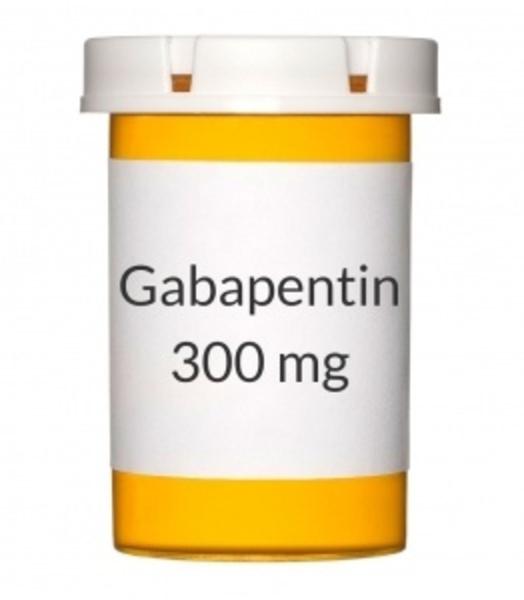Brand May Vary — Gabapentin (Rx) 300 mg Capsules 100 ct

$10.56
50228018001
Vaccine and Rx items are not returnable.
About This Product

SKU367877223018
EID 50228018001
BrandBrand May Vary
Gabapentin is a medication for the treatment of seizures. It is also used to help with chronic pain. Although Gabapentin is not FDA-approved for use in veterinary medicine, it is a commonly accepted practice for veterinarians to prescribe this medication for dogs. Gabapentin requires a prescription from your veterinarian, and is sold per capsule.
Recommended Dosage
Consult your veterinarian. Dosages of gabapentin for dogs, cats, and horses can vary depending on their age, weight, and what health issue they are suffering from.
May be given with or without food. Capsules should be given whole.
Storage Instructions
Store at 68°F to 77°F (20°C to 25°C). Excursions permitted between 59° to 86°F (15° to 30°).
Uses
When given by mouth, Gabapentin can treat and reduce seizure frequency and is commonly used as an anticonvulsant in dogs to treat or prevent seizures. It can also manage seizures and treat feline hyperesthesia syndrome in cats. It may be used for pain therapy to provide pain relief associated with arthritis, cancer, or intervertebral disk disease in dogs and cats particularly when other drugs are not well tolerated or have shown to be ineffective. It is commonly used as a mild sedative in dogs and cats to treat situational anxiety and fear during stressful events. For horses, Gabapentin is used for femoral neuropathy following surgery, laminitis, headshaking and treating neuropathic pain.
Possible Side Effects
The most common side effect of Gabapentin in dogs is drowsiness and in cats, sedation, or drowsiness. Most dogs and cats become tolerant of this side effect with continued dosing. When starting Gabapentin your dog or cat may also seem a little uncoordinated initially, but this should also resolve with continued dosing. In dogs, vomiting, diarrhea, or constipation is not a common side effect of Gabapentin unless it is being used at high dosages. If your dog develops any of these side effects, call your veterinarian. Gabapentin may cause diarrhea and weight gain in cats, but it does not usually cause vomiting or constipation unless it is being used at high dosages. If your cat develops any of these side effects, call your veterinarian.
Precautions
Keep Gabapentin in a secure location out of the reach of children and dogs, cats, or other animals to prevent accidental ingestion or overdose. Give Gabapentin to your pet exactly as prescribed. Do not change the prescribed dosing of Gabapentin for your pet without talking to your veterinarian. Reducing the dose, discontinuing, or substituting with an alternative medication for seizure control requires tapering off the Gabapentin slowly, after long-term use, and it should not be abruptly discontinued because it can precipitate seizures. Tell your veterinarian about all the medications you give your pet, including prescription and over-the-counter medicines, vitamins, and herbal supplements. Do not start or stop other medicines for your pet without talking to your veterinarian.
- Treats seizures
- Helps manage chronic pain often associated with cancer or arthritis